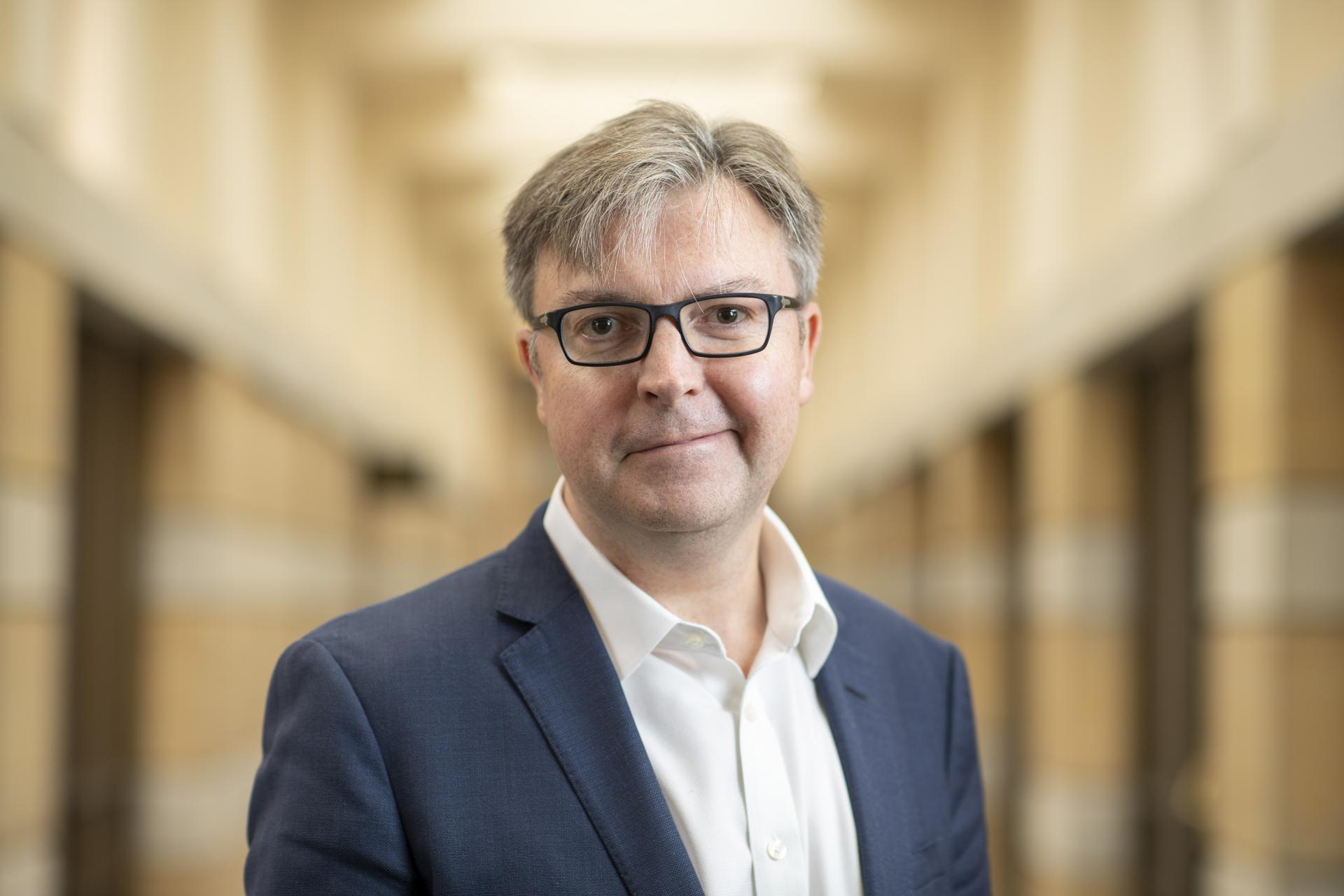 Ben Phillips, Hewlett Fellow for Public Policy, Kellogg Institute, Spring 2019, now living in Rome.
Ben Phillips, Hewlett Fellow for Public Policy, Kellogg Institute, Spring 2019, now living in Rome.
And how is Italy?
Friends in other countries still ask the same question – that is, the words are exactly the same – but the tone is transformed.
Asked by anyone outside the country, the question “And how is Italy?” has meant, from the time of most people’s living memory until February of this year, lucky you, how is la dolce vita, how is people-watching in the piazzas, how is all that beauty, how is that food, and that wine?
Since February this year it has meant something else. It means poor you, are you OK?
Are we OK? We as a family are amongst the lucky ones. Both adults have been able to work from home, both kids have been able to do school from home (our daughter even made a video about it for UNICEF). We’ve all had cabin fever, and a little actual fever, and a few worried nights of “do I have the virus?,” but so far we have stayed safe. Stuck at home, but safe.
For many in Italy, the suffering has been unimaginable. In stunning Bergamo, for example, death notices started to dominate the local papers. Across the country, millions of people have not been able to work, while other workers have been risking their lives to save lives or maintain key services.
But Italians have maintained the capacity to cultivate life’s flowers amidst life’s ruins.
They have maintained their humour, seen in this beautiful video message from an Italian grandma.
They have maintained their exuberance. Every evening, they gather on their balconies to sing to each other. As an Easter gift, opera singer Andrea Bocelli sang to the whole world from the now empty Duomo in Milan. For his finale, he walked out from the Duomo into the square to sing the hymn “Amazing Grace”: “was blind, but now I see.” Bocelli has been completely blind since the age of 12.
They have maintained hope. Italians have written a slogan on bedsheets hung from windows: “Andrà tutto bene” – everything will be well. The slogan is not a denial of the scale of the crisis but a reminder of something even deeper. It is what Pope Francis (not an Italian, but very much an Italian) called “a different contagion, transmitted from heart to heart, the contagion of hope.” As he stressed, “this is no magic formula that makes problems vanish. Instead, it is the victory of love over the root of evil, a victory that does not “bypass” suffering and death, but passes through them, opening a path in the abyss, transforming evil into good.”
My work, and my wife’s work, takes us across the world. Now confined physically by the shutdown of international travel, every day we enter virtually into another country facing its own challenge in the COVID crisis. Today my wife has been working on how to ensure uninterrupted emergency supplies reach Yemen and Somalia, and I have been working on how to support the efforts of the governments of Ethiopia and Sierra Leone to mitigate the huge impact of the global economic shutdown on their people. Then at dusk we “return” to Italy, to walk the dog and greet our neighbours with the Latin greeting “salve” that today’s proud Romans still invoke.
And how is Italy? I miss worshipping in its beautiful churches, swimming in its lakes, sipping espresso in its cafes, watching the magic of dough transformed in the pizzerias, marveling at the soaring voices of the outdoor opera at the ruins of the old Roman baths, gawping like an eternal tourist at the unrivalled concentration of style and joy in its crowded piazzas. I miss seeing people without masks (except the Venetian ones, of course). I miss not being scared. I miss seeing people smile without having to try. But I am convinced that, even if not soon, we will again. And I am grateful to have gone through this with my vicini, my neighbors.





